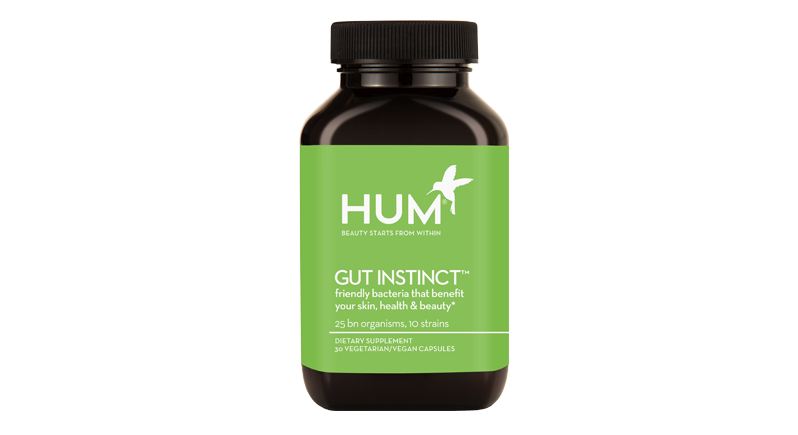Probiotics have been thrust into the spotlight as of late, and while it’s always best to get these healthy bacteria strains from food, it’s not always feasible to load our plates with kimchi and sauerkraut. Countless wellness experts advocate adding a daily probiotic supplement to your diet, but they’re far from created equally. Recent skin breakouts and a bloated belly (despite a healthy diet) made me take a deeper look into the ins and outs of probiotics. I spent hours Googling (to the point at which my boyfriend said, “I see what you mean when you say you can get obsessive”), and the ideas out there are so ridiculously conflicting that I decided to reach out to some experts. Read on to find out what they say and for some trusted brands to boost your digestive health.
Why is it important to get probiotics in your diet?
“Probiotics are essential for healthy gut flora. They exist naturally in the gut, but can diminish over time. Probiotics are good bacteria that aid in digestion, nutrient absorption, and immune function,” explains Alexandra Caspero MA, RD, CLT, RYT and a nutritionist at HUM, a brand that makes a curated selection of vitamins and supplements.” Adding additional probiotics is common in treatment for asthma, allergies, skin disorders, and UTIs, as well as to improve digestion. New research is also emerging on the gut-brain connection; healthy gut bacteria can improve neurotransmitter function, reducing anxiety and depression.” Peggy Kotsopoulos — the host of Peggy K’s Kitchen Cures on Veria Network, author of Must Have Been Something I Ate and Kitchen Cures
But with so many options, how do I pick the “right” one?
Alexandra says that not all strands work the same. “For certain conditions, you want to ensure you are taking the strand that is most likely to benefit you. For example, to boost the immune system, consider Bifidobacterium lactis, for GI support, lactobacillus rhamnosus, lactobacillus casei, and lactobacillus acidophilus are the best bets. While you can get probiotics in food (fermented food and yogurt), it’s difficult to determine if the strands are live and how many the food contains.” Peggy, for her part, suggests alternating between brands if you’re taking a daily probiotic supplement. “Since different brands typically carry different strains of active bacteria culture, switch it up and confuse the bad bacteria in your system! When choosing a supplement, however, make sure it is a multi-strain, meaning it carries different strains of bacteria since you don’t know which you need most. Although there are a plethora of different strains, the most common to look for in one single serving are: Lactobacillus Acidophilus, Bifidobacterium longum, and Bifidobacterium bifidum. Also, probiotics are measured in Colony Forming Units (CFUs). It’s best to choose one that has a minimum of five billion (for general maintenance) and up to 50 billion at the time of expiration, depending on your needs. If you are taking an antibiotic, it’s best to double up your dose and take two hours following your prescribed antibiotics.”
When should you take them?
Alexandra recommends taking your probiotic daily with a meal, or ideally, just before breakfast. “You want them to be able to survive gastric acidity. If you take your probiotics with breakfast, they will have the best survival rate through the stomach acid.”
What are some reliable brands for supplements?
It can be overwhelming to walk into Whole Foods or your corner health food store and see all the probiotic options. Reliable ones, according to the experts I spoke with, include Juice Press’ Proviotic, a vegan probiotic made by sourcing bacteria extracted from the leaves of European Snowdrop flowers in Bulgaria and then growing it in carrot and pea juice made with GMO-free produce from small farms. Kimberly Snyder and Hum also make great ones (I’m completely obsessed with Hum’s packaging!).
If you don’t want to opt for supplements, add fermented foods that contain live cultures to your diet or opt for food-based shakes like Vega One and Vega Sport Performance Protein with one billion shelf-stable, bacillus coagulans probiotics. “Get the most from probiotic-containing foods by incorporating a variety on the daily, and for post-workout recovery, pair your probiotics with protein 45-90 minutes after working out,” says registered holistic nutritionist, indoor cycling instructor, and Vega product specialist, Bridgette Clare.

